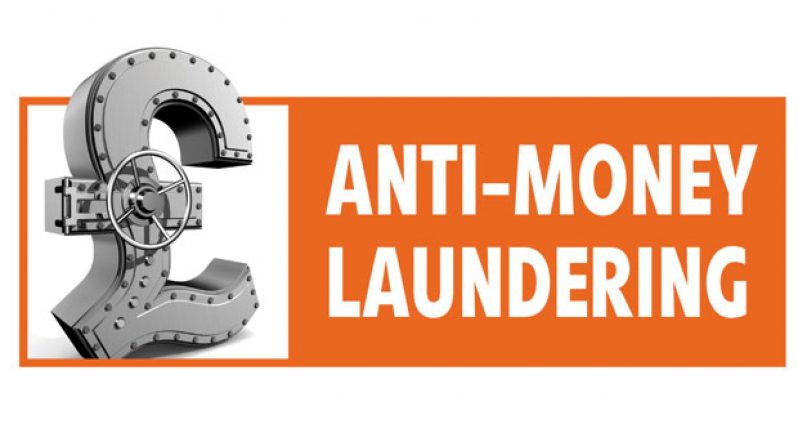THE primary sources for laundered funds in Guyana are believed to be narcotics-trafficking and corruption, a United States (U.S.) report on Guyana has found.
The report with these findings is the 2017 International Narcotics Control Strategy Report (INCSR) on Guyana. INCSR is an annual report by the Department of State to Congress, prepared in accordance with the Foreign Assistance Act. It describes the efforts of key countries to attack all aspects of the international drug trade in the calendar year 2016.
The report highlights that although narco-trafficking and corruption were found to be the primary sources for laundered funds, the laundering of proceeds from other illicit activities, such as human- trafficking, contraband, illegal natural resource extraction and tax evasion, is substantial.
It was revealed that common money-laundering typologies include the use of fictitious agreements of sale for non-existing precious minerals to support large cash deposits at financial institutions; cross-border transport of small volumes of precious metals declared as scrap or broken jewellery to avoid scrutiny by the relevant officials and the payment of relevant taxes and duties; Trade Base Money Laundering (TBML) using gold; and the use of middle and senior-aged cash couriers for the cross-border transport of large sums of U.S. dollars.
The INCSR report explained that there is a culture of using “informal networks” to move money between Guyana and the diaspora, and that Guyana has a large cash-based economy.
“Many criminals use cash couriers or familial networks to move large sums of money between Guyana and the United States,” the report states, adding that unregulated currency exchange houses also pose a risk, as they are used both for the exchange of currency and to transfer funds to and from the diaspora.
Guyana has legislation in place that could enable a more effective response to the threat of money- laundering. In June 2015, this country passed and began to enforce the Anti-Money Laundering and Countering the Financing of Terrorism (AMLCFT) Amendment Act, seeking to address remaining deficiencies in its AML regime, such as the availability of proportionate and dissuasive sanctions.
Guyana has comprehensive Customer Due Diligence (CDD) and Suspicious Transaction Reporting (STR) regulations. There is also a records-exchange mechanism in place with the U.S. The country is also a member of the Caribbean Financial Action Task Force CFATF, a FATF-styled regional body.
Though created in 2003, the Financial Intelligence Unit (FIU) was severely understaffed and ineffective. In June 2016, a new director of the FIU was appointed, and the functional capacity of the unit has been enhanced.Guyana subsequently submitted a letter of interest to join the Egmont Group of FIUs in 2011, which is still being considered.
However, the report found that although the AML legislation gives the Financial Intelligence Unit (FIU) authority to investigate alleged money laundering, the FIU does not have the capacity to conduct such investigations. The Special OrganisedCrime Unit (SOCU) investigates those cases referred to it by the FIU.
“The effectiveness of these agencies at investigating money-laundering is limited, as they lack adequate human resources, training to ensure successful prosecutions, and a strong interagency network. Additionally, lack of cooperation by the business community also hinders Guyana’s AML efforts,” the INCSR report states.
It was highlighted though, that even with its limited staffing capacity, in February, SOCU seized roughly $80,000 worth of local and foreign currencies and arrested two persons suspected of money laundering. This was the first seizure under Guyana’s updated AML legislation.
The report also recommended that Guyana raise awareness and understanding of AML laws and implementation procedures, through training and the publication of guidelines, within the judicial system and in agencies with the authority to investigate financial crimes. It pointed too that STR requirements, wire transfers, and customer due diligence regulations should be strengthened and additional resources extended to the FIU and SOCU.



.jpg)








